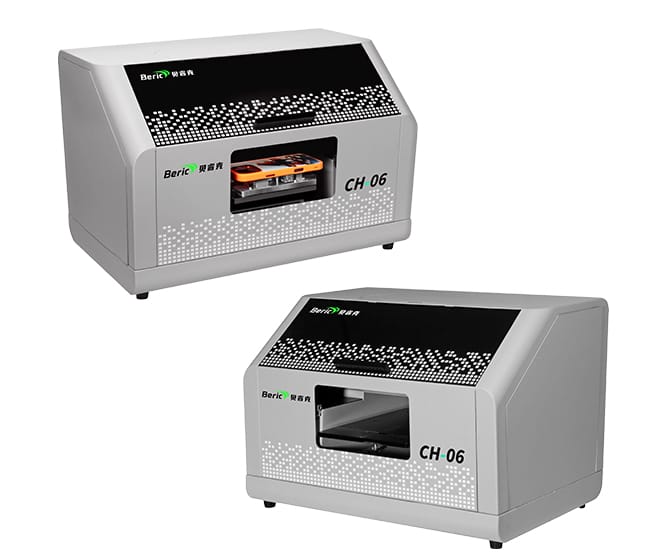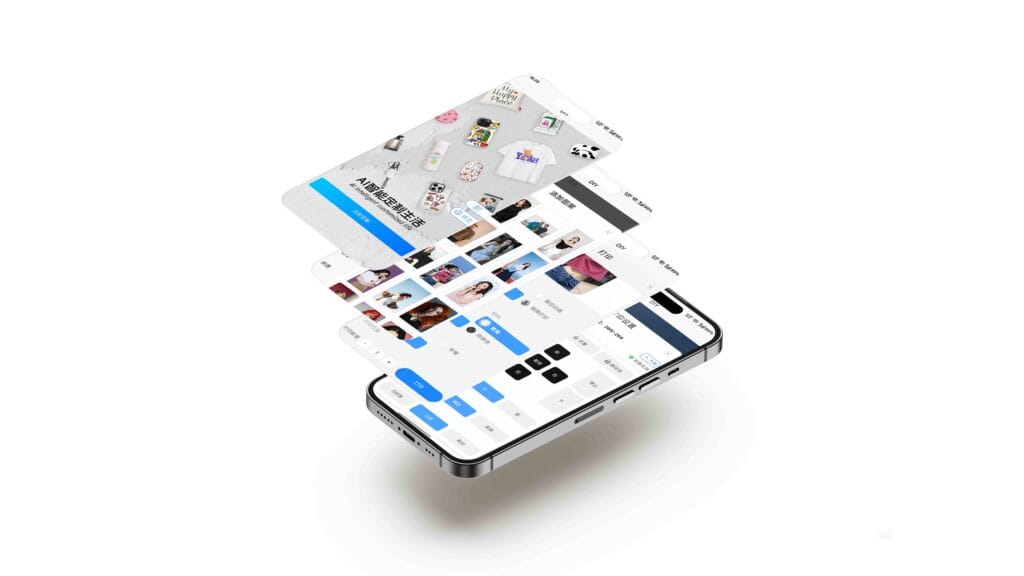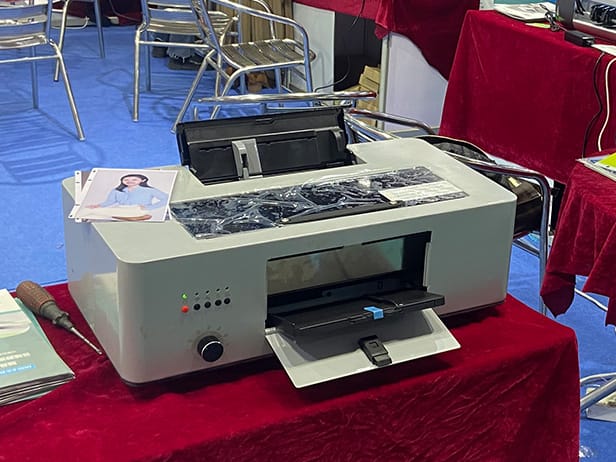In today’s world, phone cases are more than just protective covers—they’ve become personal fashion statements, business branding tools, and even gifts that carry emotional value. With the rapid growth of personalized products, entrepreneurs and printing businesses are increasingly looking for the best phone case printing machine to meet the rising demand. But with so many options available, how do you know which one is right for you?
This guide breaks down everything you need to know, from the types of printing machines to features you should look for, and even tips for starting your own phone case printing business. We’ll also explore popular machines on the market, including well-known brands like Roland, Mimaki, and Epson, as well as the increasingly popular Beric UV Printer.
Why Invest in a Phone Case Printing Machine?
Smartphones are practically everywhere. According to recent data, billions of people worldwide own a smartphone, and most of them protect it with a case. But here’s the thing—generic cases don’t excite consumers anymore. People want custom designs that showcase their style, favorite quotes, pop culture references, or even company logos.
By owning a reliable phone case printing machine, you can:
-
Offer personalized products to customers.
-
Start a niche e-commerce business with relatively low startup costs.
-
Tap into corporate orders for branded merchandise.
-
Experiment with creative designs and earn from your hobby.
Simply put, if you’re in the print-on-demand or custom merchandise business, this investment can open up multiple income streams.

Types of Phone Case Printing Machines
Before buying the best phone case printing machine, it’s important to understand the major types available. Each has its strengths and weaknesses depending on your goals and budget.
1. UV Flatbed Printers
UV printers are considered the gold standard in custom phone case printing. They use ultraviolet light to cure specialized inks directly on the case’s surface, producing high-resolution, durable prints.
Pros:
-
Can print on almost any material (plastic, leather, wood, silicone).
-
Vivid colors and 3D texture effects.
-
Excellent durability—prints don’t fade easily.
Cons:
-
Higher upfront cost.
-
Requires regular maintenance.
2. Sublimation Printers
Sublimation uses heat and pressure to transfer dye onto specially coated phone cases.
Pros:
-
Affordable entry-level option.
-
Vibrant colors with smooth finishes.
-
Great for bulk production.
Cons:
-
Only works with sublimation-coated cases.
-
Limited to lighter backgrounds (white or light-colored cases).
3. Heat Transfer Printers
These printers transfer designs onto cases using heat press technology and transfer sheets.
Pros:
-
Simple process for beginners.
-
Lower machine cost compared to UV printers.
Cons:
-
Prints may peel or fade faster.
-
Works best for low-volume production.
4. Screen Printing
An old-school but still relevant method, screen printing works well for bold, single-color designs.
Pros:
-
Durable for simple designs.
-
Cost-effective for large batches.
Cons:
-
Not suitable for detailed, full-color graphics.
-
Labor-intensive setup process.
Features to Look for in the Best Phone Case Printing Machine
Not every machine is built the same, and the “best” choice depends on your goals. Here are the top features you should prioritize:
Print Quality and Resolution
Customers expect sharp images and vibrant colors. A resolution of at least 1200 dpi is recommended for professional results.
Material Compatibility
Make sure the printer can handle different case materials like TPU, PC, silicone, or leather. UV printers generally offer the widest compatibility.
Printing Speed
If you’re planning to run a business, speed matters. Look for a machine that balances efficiency with quality.
Durability of Prints
Cases endure daily wear and tear, so the prints should be scratch-resistant, waterproof, and fade-proof.
Size and Flexibility
If you plan on expanding into other custom products (like mugs, keychains, or promotional items), a multipurpose printer can be a smarter investment.
Software Support
User-friendly design software integration is a must, especially if you’re offering personalized online ordering.
Best Phone Case Printing Machines in 2025
Here are some of the top machines that professionals and small businesses recommend:
1. Roland VersaUV LEF Series
A favorite among printing professionals, Roland’s UV flatbed printers offer exceptional detail and texture effects. They’re perfect if you want a premium solution for high-end, custom designs.
2. Beric UV Printer
The Beric UV Printer has gained attention in recent years as a cost-effective yet reliable solution for custom phone case printing. It supports a wide range of materials—plastic, silicone, and even leather—while delivering sharp, durable prints. Unlike some high-end UV printers, Beric models strike a balance between affordability and quality. They are particularly attractive to small businesses and startups that want professional-level results without spending tens of thousands of dollars upfront.
Another advantage of Beric UV Printers is their user-friendly setup. Many models come with intuitive software that makes it easier to design, preview, and print phone cases in minutes. For entrepreneurs who want to scale their production but aren’t ready to jump into high-maintenance industrial machines, Beric provides a sweet spot between accessibility and performance.
3. Epson SureColor F170 (Sublimation)
Compact and affordable, this sublimation printer is perfect for small businesses or beginners testing the market. It’s easy to use, and its color output is impressive for the price.
4. Mimaki UV Printers
Known for speed and reliability, Mimaki printers are ideal for higher production volumes. They’re designed for businesses that want consistent, large-scale output without compromising print quality.
5. Vevor Heat Press Combo Machines
Great for beginners, these budget-friendly machines allow you to print on phone cases as well as other merchandise like mugs, shirts, and caps.
How to Start a Phone Case Printing Business
Once you’ve invested in the best phone case printing machine, the next step is turning it into a business.
Step 1: Identify Your Target Audience
Will you sell to college students, gamers, or corporate clients? Each audience prefers different styles and price points.
Step 2: Build an Online Presence
Set up an e-commerce store on platforms like Shopify, Etsy, or Amazon. Showcase your unique designs and offer customization options.
Step 3: Offer Personalization
Allow customers to upload their photos, names, or artwork. Personalization adds huge value.
Step 4: Market Strategically
Leverage social media platforms like Instagram and TikTok, where visual content thrives. Run targeted ads to reach specific demographics.
Step 5: Focus on Quality and Service
In a competitive market, your reputation depends on delivering durable, high-quality cases and providing excellent customer service.
Cost Considerations
The cost of a phone case printing machine varies widely:
-
Entry-level sublimation printers: $300–$800
-
Mid-range heat transfer setups: $800–$2,000
-
Professional UV printers: $5,000–$20,000+
Beric UV Printers often sit in a competitive middle ground—more affordable than brands like Roland or Mimaki, but still capable of delivering professional-quality prints. This makes them especially appealing for entrepreneurs who want to keep startup costs manageable while maintaining quality.
Finding the best phone case printing machine depends on your budget, business goals, and production needs. If you want professional-grade, long-lasting prints on a wide range of materials, UV printers like Roland VersaUV, Beric UV Printer, or Mimaki UV models are excellent choices. For beginners or smaller budgets, sublimation or heat transfer printers can be great stepping stones.
The key is to match the machine with your business vision. Whether you’re starting a side hustle or scaling up a print-on-demand shop, the right equipment can transform your ideas into profitable products.




